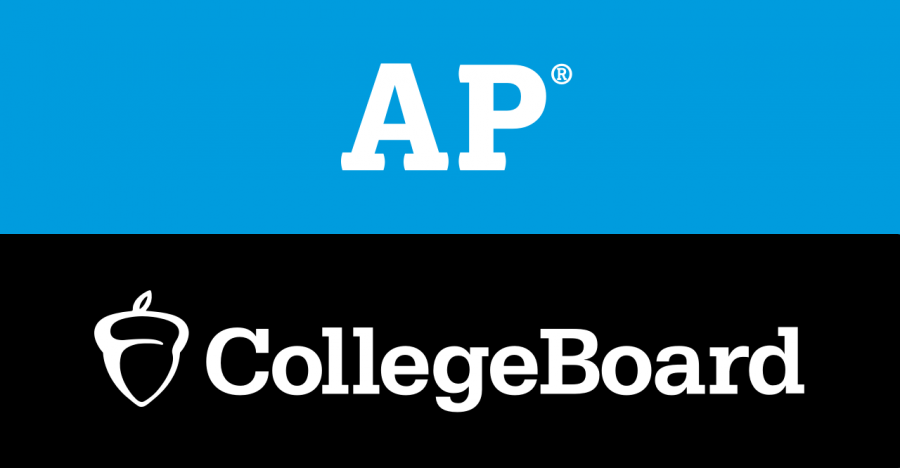The AP Decision
English, math, the sciences, social studies: these classes are considered to be the “core” of any student’s public school education. However, even within the core, there is a potential twist. Students can choose to take either general education, regular, advanced, formerly Pre-AP, or Advanced Placement classes, with the latter taking a unique approach to educating high school students.
The Advanced Placement program was created by the College Board, and its various classes are offered to students at Lake Ridge through Mansfield ISD’s Advanced Academics Program. At Lake Ridge, there are 31 AP courses to choose from, ranging from Calculus to Studio Theory. These classes are based off of college-level curriculum, and stimulates various skills in students, according to AP Physics Teacher, Lauren Cooper.
“AP classes go more in depth into the topic, there is definitely more writing, the problems are harder and there is more homework. They definitely stimulate writing skills, critical thinking, being able to read and analyze,” explained Cooper.
With these characteristics, AP courses are often considered to be more challenging than regular or Pre-AP classes. The nature of these classes are unique from more “normal” courses both in high school and in previous levels, and the amount of work required by these courses can have a negative effect on unaccustomed students. Senior, Bisola Okunola, has felt burdened at times from her AP courses, though she believes that it can be managed.
“I don’t think AP classes are necessarily difficult, but it depends on how many you take in a year. Last year I only took 3 AP classes, but now I take 8 and it is more difficult. AP classes give a lot of homework, sometimes it is overwhelming but it can be balanced,” said Okunola.
While AP courses do present a challenge, they do have notable advantages for students. As AP courses are based on college-level curriculum, there is the opportunity for students to potentially earn college credit while still in high school if they earn the required score, a 3 or higher, on the AP test for their chosen subject, which is taken towards the end of the school year. In addition, the heightened course difficulty provides an opportunity for students who would like to challenge themselves or learn more about a topic. Senior, Martin Davis, feels that his high school academic experience has benefited from taking AP courses.
“I think AP classes are very helpful. They give the chance to earn college credit, and the classes go more in-depth into topics. I think taking AP courses has benefited my experience in high school, and I would probably regret it if I did not take any,” said Davis.
Another factor that makes AP courses unique is that they are managed by the College Board, rather than the Texas Education Agency (TEA) or MISD. Therefore, the district has to follow guidelines from College Board in order to offer the courses, as well as the AP test which determines college credit. According to Lead Counselor, Kimberly Wilson, the school is committed to making sure that students understand their options, and that the AP program is accessible to them.
“We do our job in explaining the difference between an on-level course and an AP course because the pace is going to be different and the rigor is going to be different, and if they are not accustomed to that we try to make sure they are well informed so they can make an informed decision. There are certain guidelines that have to be followed with an Advanced Placement course of the college credit piece, the district gets anything that is required. When it comes to the AP Exam, most students are able to take that at a discounted rate as the district subsidizes,” explained Wilson.
A small number of the more than hundred courses offered to Lake Ridge students, AP courses present a unique challenge for students. While the rigor is notably more difficult, the courses provide an academic opportunity for high school and the future, one that many Lake Ridge students may consider.

